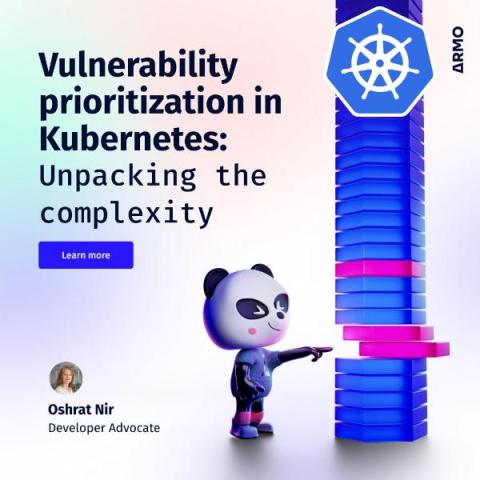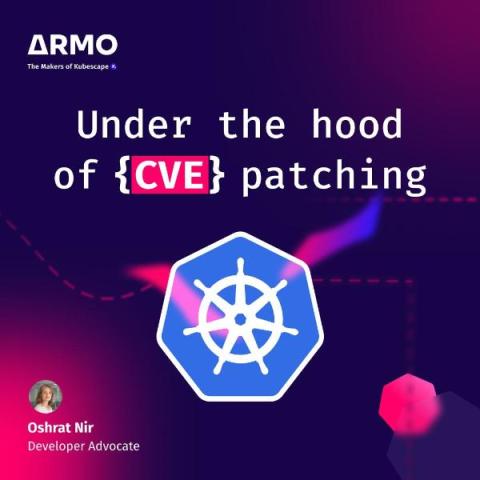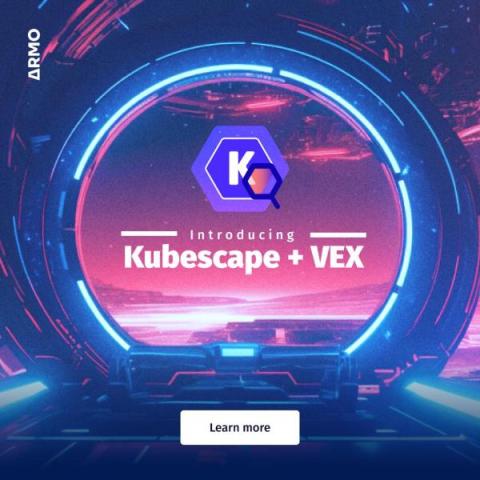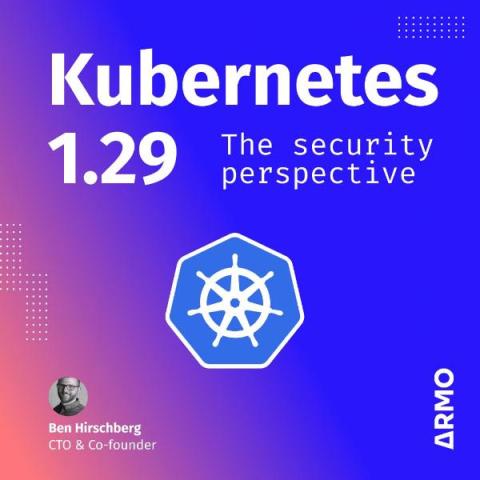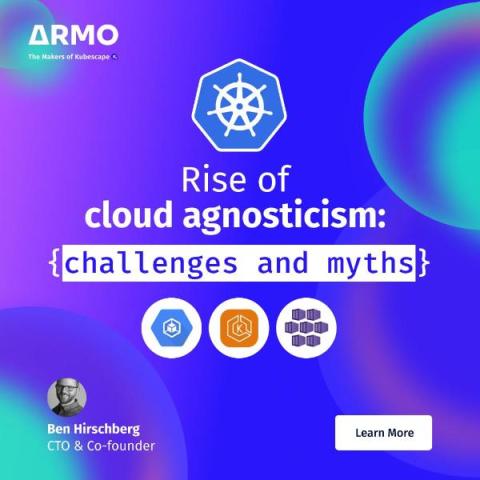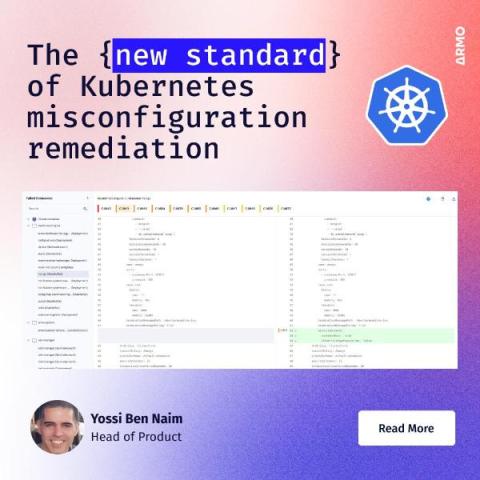Vulnerability prioritization in Kubernetes: unpacking the complexity
In the rapidly evolving world of container orchestration, developers have come to rely on Kubernetes to manage containerized applications. However, as Kubernetes adoption increases among organizations, ensuring the security of Kubernetes environments becomes essential. One particularly significant aspect to consider is vulnerability prioritization. It’s essential to understand that chasing after the highest CVSS scoring vulnerabilities might not always align with real-world threats.


